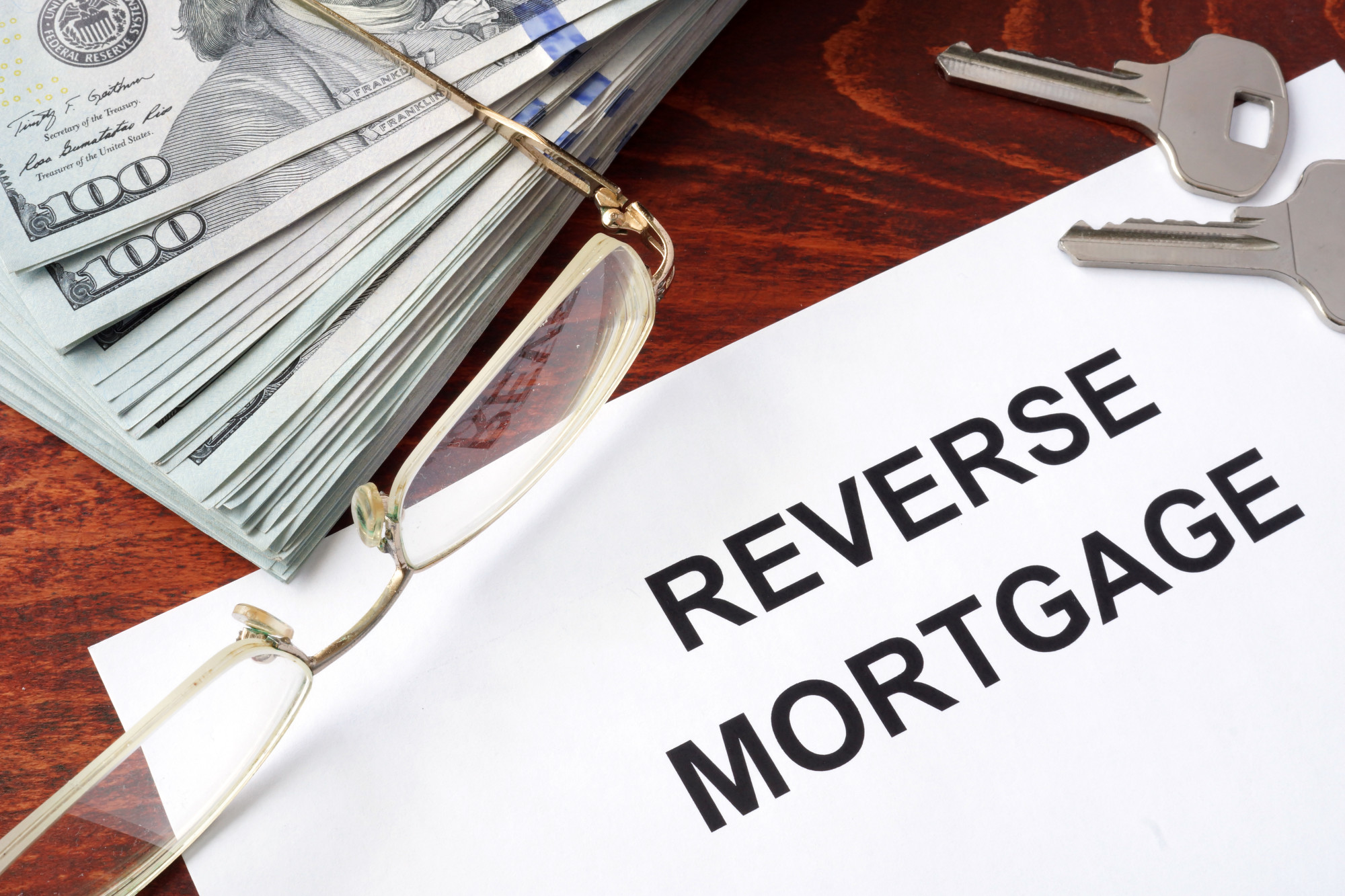
What You Need to Know About Reverse Mortgage Foreclosures
When an unexpected financial crisis has you facing the threat of foreclosure, understand when reverse mortgage foreclosure is possible.
Between 2013 and 2017, nearly 100,000 reverse mortgages have failed. California was hit especially hard with lenders foreclosing at a rate two to three times the national average.
Many seniors have turned to a reverse mortgage to fund their retirement years by accessing the equity in their homes. The problem is, many of these borrowers didn’t realize that reverse mortgage foreclosure is possible.
This guide will help you understand how foreclosures happen when you take out a reverse mortgage.
What Is a Reverse Mortgage and How Do They Work?
A reverse mortgage lets homeowners over the age of 62 borrow against the equity built up in the home. This gives them an immediate injection of cash in exchange for equity. The property owner must continue to pay the insurance and property taxes.
The loan comes due when the borrower moves out of the house, defaults, or dies. Typically, the borrower’s estate repays the loan by selling the house. Reverse mortgages are non-recourse, so there’s no liability if the home’s sale proceeds do not fully repay the loan.
When Is a Reverse Mortgage Foreclosure Possible?
When people think of foreclosure, they think of a traditional mortgage where the borrower failed to make their monthly payments. Foreclosure of a reverse mortgaged home is slightly different.
Some situations result in foreclosure as a natural part of the process. This happens if the balance owed is higher than the home’s value, or there’s no one to handle the sale. The estate will let the house go into foreclosure.
Then there are the foreclosures that happen while the borrower is still alive.
The Borrower Moved
There’s a residency requirement for a reverse mortgage. If the borrower moves out before the required time, the loan matures and becomes due. The lender will give the borrower a specified amount of time to repay the loan, and if that doesn’t happen, the lender will foreclose.
Failure to Pay Taxes or Insurance
Property owners are required to stay current on both taxes and insurance. Failure to do so can put the property at risk and is a violation of the loan terms. The lender’s response will be to foreclose on the home.
What You Can Do to Prevent It
If you’re facing reverse mortgage foreclosure, you need to seek legal representation immediately. Your lawyer can work with the lender to secure loan modification or mitigation. They can figure out a way to work with the lender to ensure you stay in your home.
Seek Legal Advice for Your Reverse Mortgage
It’s best to avoid foreclosure by knowing, understanding, and complying with the requirements of your reverse mortgage. However, if your financial hardship is beyond your control, you may end up facing foreclosure.
If you’re facing reverse mortgage foreclosure, then the best thing you can do is consult with an attorney. They will be able to explain all of your options and communicate with the lender for you.
Contact McFarlin LLP today if you are facing foreclosure and are worried about losing your home, an experienced attorney will help secure your property.
